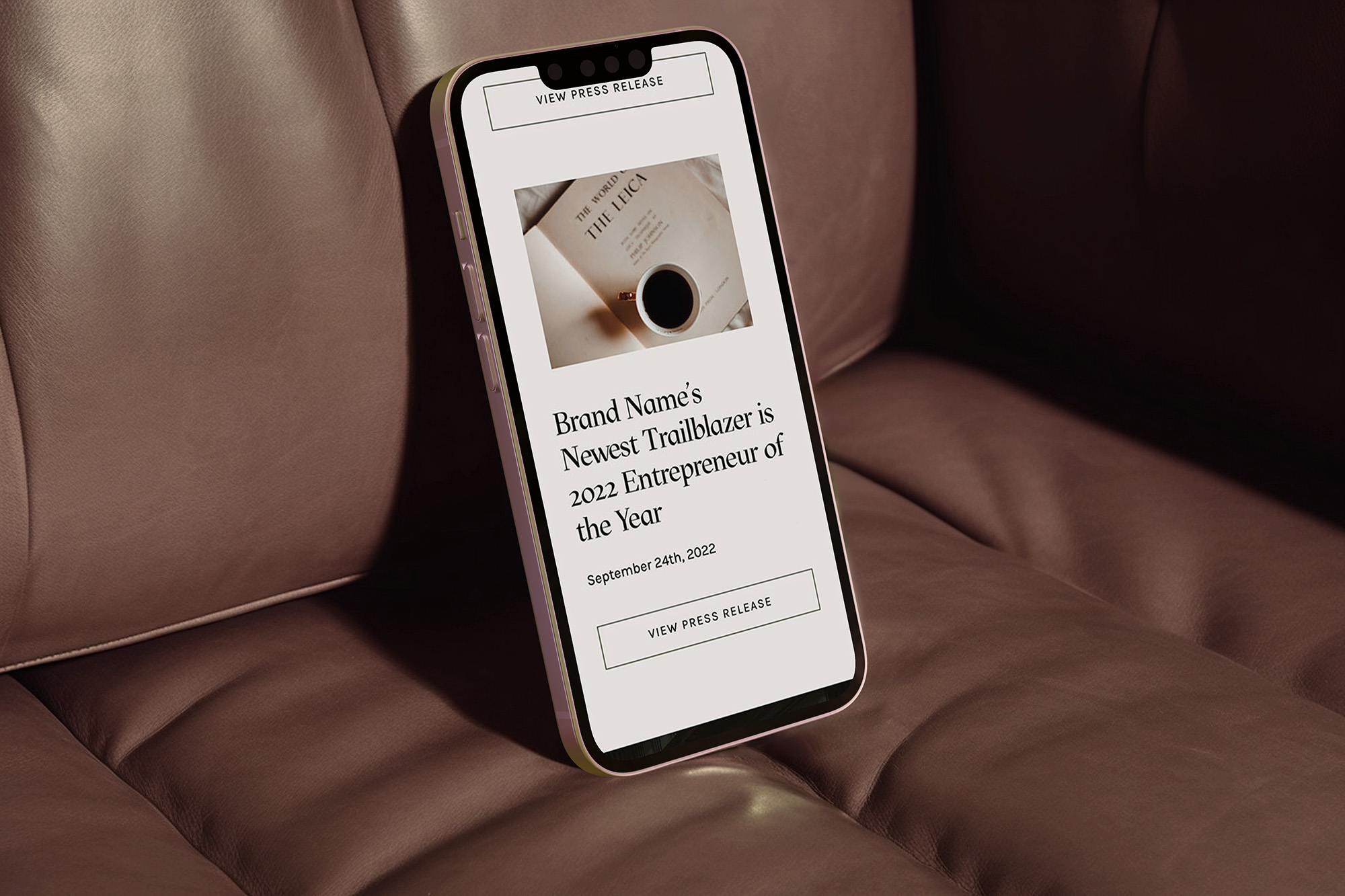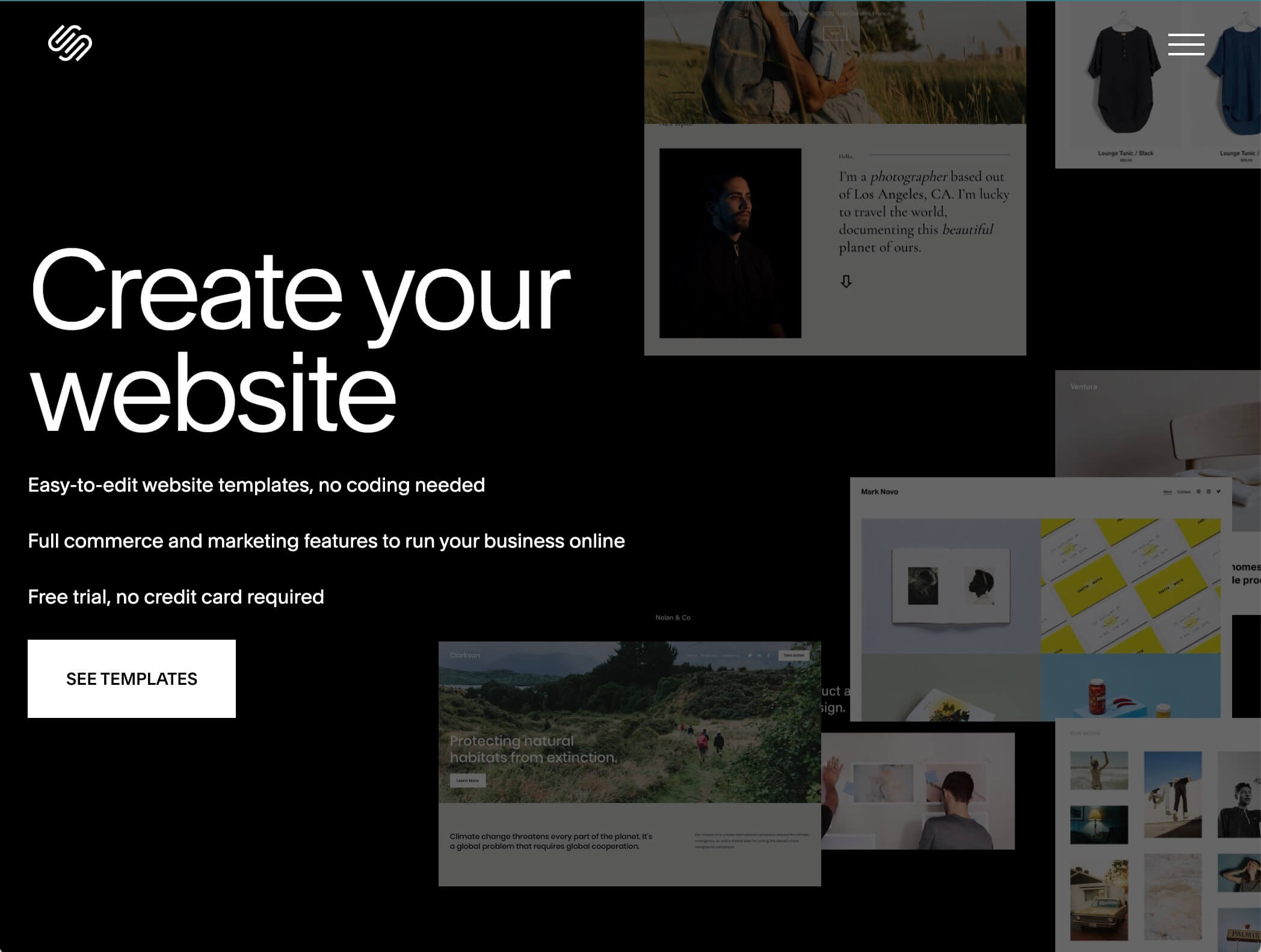Picture this: It’s 2 AM, and I’m hunched over my laptop, surrounded by empty coffee cups, frantically trying to fulfill a last minute request. My heart’s racing, my mind’s a whirlwind, and I can’t remember the last time I took a deep breath. Sound familiar? As entrepreneurs, we often find ourselves caught in this chaotic dance of ambition and exhaustion. But what if I told you there’s a better way to chase your dreams without losing yourself in the process with a few mindfulness habits?
Enter the world of mindful entrepreneurship – a game-changing approach that’s transforming how we build and run our businesses. By incorporating mindfulness into our daily routines, we can navigate the entrepreneurial journey with more clarity, creativity, and compassion – both for ourselves and our clients.
The Importance of Mindfulness Habits for Entrepreneurs
Let’s face it: being an entrepreneur is not for the faint of heart. We juggle multiple roles, face uncertainty at every turn, and often struggle with work-life harmony. It’s no wonder that entrepreneurs are 50% more likely to report having a mental health condition, according to a study by the National Institute of Mental Health.
This is where building mindfulness habits come in. By practicing mindfulness, entrepreneurs can reduce stress, improve focus, and boost creativity. A study published in the Journal of Business Venturing found that entrepreneurs who practice mindfulness report higher levels of work satisfaction and are more resilient in the face of challenges.
Navigating these challenges while maintaining your mental health can be daunting. That’s why incorporating mindfulness into your daily routine is so crucial. If you’re struggling with anxiety as an entrepreneur, you might also find my guide on running your small business with calm confidence helpful. Now, let’s explore five simple mindfulness practices that can make a world of difference in your entrepreneurial journey.
But how exactly can we incorporate mindfulness into our busy lives? Let’s dive into five simple practices that can make a world of difference.
5 Simple Mindfulness Practices for Busy Entrepreneurs
1. One-Minute Breathing Exercise
When you’re feeling overwhelmed, take a minute – yes, just 60 seconds – to focus on your breath. Here’s how:
- Set a timer for one minute.
- Close your eyes and take a deep breath in through your nose for 4 counts.
- Hold for 4 counts.
- Exhale slowly through your mouth for 6 counts.
- Repeat until the timer goes off.
This quick exercise can help lower your heart rate, reduce stress, and bring you back to the present moment. It’s perfect for those moments when you’re about to step into an important meeting or when you’re feeling stuck on a project.
Dr. Emma Seppälä, Science Director of Stanford University’s Center for Compassion and Altruism Research and Education, emphasizes the power of breath: “Breathing is the only autonomic nervous system function we can consciously control. By changing the rhythm of our breath, we can directly affect our heart rate variability, digestion, and stress levels.”
2. Mindful Task Transitions
As entrepreneurs, we often jump from task to task without a moment’s pause. Multi-tasking is a lie that leads to burnout! This constant switching can lead to mental fatigue and reduced productivity. Instead, try this:
- Before starting a new task, take 30 seconds to close your eyes and take a few deep breaths.
- Set an intention for the next task.
- Visualize yourself completing the task successfully.
- Gently open your eyes and begin your work with renewed focus.
This brief pause allows your brain to reset and refocus, leading to improved concentration and productivity. It’s like giving your mind a mini-vacation between tasks!
Arianna Huffington, founder of Thrive Global and advocate for workplace wellness, says, “Mindful transitions between tasks can be a game-changer. They allow us to approach each new task with intention and presence, rather than carrying the stress or scattered energy from the previous task.”
3. Gratitude Journaling
Gratitude is a powerful tool for shifting perspective and fostering a positive mindset. Try this simple practice:
- Each morning or evening, write down three things you’re grateful for: one internal, one external, and one “bad thing”.
- Be specific and try to focus on different aspects each day.
- Reflect on why you’re grateful for each item.
- Notice how this practice affects your mood and outlook over time.
A study published in the Journal of Personality and Social Psychology found that people who practiced gratitude regularly reported higher levels of optimism and life satisfaction. For entrepreneurs, this can translate to increased resilience and a more positive outlook on business challenges.
Tim Ferriss, entrepreneur and author of “The 4-Hour Work Week,” shares, “I’m not a fan of meditation, but I am a fan of gratitude journaling. It’s something I do consistently, and it has a massive impact on my mood and productivity.”
4. Mindful Eating
Personally, this is something I’m working on. As busy entrepreneurs, we often eat on the go or while working. But taking the time to eat mindfully can improve digestion, reduce stress, and provide a much-needed break in your day. Here’s how:
- Step away from your work area for meals.
- Take a moment to appreciate the colors, smells, and textures of your food.
- Eat slowly, savoring each bite.
- Chew thoroughly and notice the flavors and textures in your mouth.
- Avoid distractions like phones or computers during meals.
- Pay attention to your body’s hunger and fullness cues.
This practice not only benefits your physical health but also gives your mind a chance to rest and recharge.
Dr. Susan Albers, psychologist and author of “Eating Mindfully,” explains, “Mindful eating is about using all of your senses in choosing to eat food that is both satisfying to you and nourishing to your body. It can improve your relationship with food and boost your overall well-being.”
5. Technology Breaks
In our hyper-connected world, it’s easy to feel tethered to our devices. But constant connectivity can lead to increased stress and decreased productivity. Try implementing regular technology breaks:
- Set specific times during the day to check emails and social media.
- Use apps like Freedom or RescueTime to block distracting websites during work hours.
- Implement a “digital sunset” by turning off devices an hour before bed.
- Create tech-free zones in your home. I suggest the bedroom.
- Practice the “20-20-20” rule: Every 20 minutes, look at something 20 feet away for 20 seconds to reduce eye strain.
These breaks can help reduce mental clutter, improve focus, and boost creativity. A study by the University of California, Irvine, found that employees who were cut off from email for five days experienced less stress and more natural, variable heart rates.
Tristan Harris, former Google Design Ethicist and co-founder of the Center for Humane Technology, advocates for mindful tech use: “By being more intentional about how we use technology, we can reclaim our time, attention, and well-being. It’s not about rejecting technology, but about using it in a way that serves our goals and values.”
Overcoming Challenges in Maintaining Mindfulness Practices
I know what you’re thinking: “Hannah, this all sounds great, but I barely have time to breathe, let alone meditate!” Trust me, I’ve been there. The key is to start small and be consistent. Here are some tips to overcome common obstacles:
- Time constraints: Start with just one or two practices and gradually increase.
- Forgetfulness: Set reminders on your phone or use habit-tracking apps like Habitica or Streaks.
- Feeling silly or self-conscious: Remember that mindfulness is a scientifically-backed tool for success.
- Impatience: Mindfulness is a skill that improves with practice. Be patient with yourself.
- Lack of motivation: Connect your mindfulness practice to your business goals. How can being more present help you serve your clients better?
The Transformative Power of Mindful Entrepreneurship
Let me share a personal story. A few years ago, I was suffering from burnout. I was working crazy long, neglecting my health, and feeling disconnected from my passion for design. That’s when I started prioritizing mindfulness rituals.
At first, it felt strange to take time out of my busy day to just breathe or write down what I was grateful for. But slowly, I noticed changes. I was sleeping better, feeling more creative, and making clearer decisions. Most importantly, I discovered my “why” – to help other entrepreneurs shine their authentic light online.
Mindful entrepreneurship isn’t just about reducing stress (although that’s a fantastic benefit). It’s about building a business that aligns with your values, nurtures your creativity, and allows you to show up as your best self for your clients.
As Eckhart Tolle, author of “The Power of Now,” wisely says, “Awareness is the greatest agent for change.” By bringing mindfulness into our entrepreneurial journey, we become more aware of our patterns, our strengths, and our areas for growth. This awareness allows us to make conscious choices that align with our vision and values.
Conclusion
In the whirlwind world of entrepreneurship, mindfulness can be your anchor. These five simple practices – one-minute breathing, mindful task transitions, gratitude journaling, mindful eating, and technology breaks – can help you navigate the challenges of business ownership with more ease and grace. By embracing these mindfulness practices, you’re not just improving your own well-being, but also strengthening your ability to run a purpose-driven business that makes a real difference in the world.
Remember, mindful entrepreneurship isn’t about being perfect. It’s about being present, aware, and intentional in how you run your business and live your life. So take a deep breath, choose one practice to start with, and watch how it transforms not just your business, but your entire entrepreneurial journey.
As Jon Kabat-Zinn, the founder of Mindfulness-Based Stress Reduction, reminds us, “You can’t stop the waves, but you can learn to surf.” Mindfulness is your surfboard in the sometimes turbulent seas of entrepreneurship.







Comments +